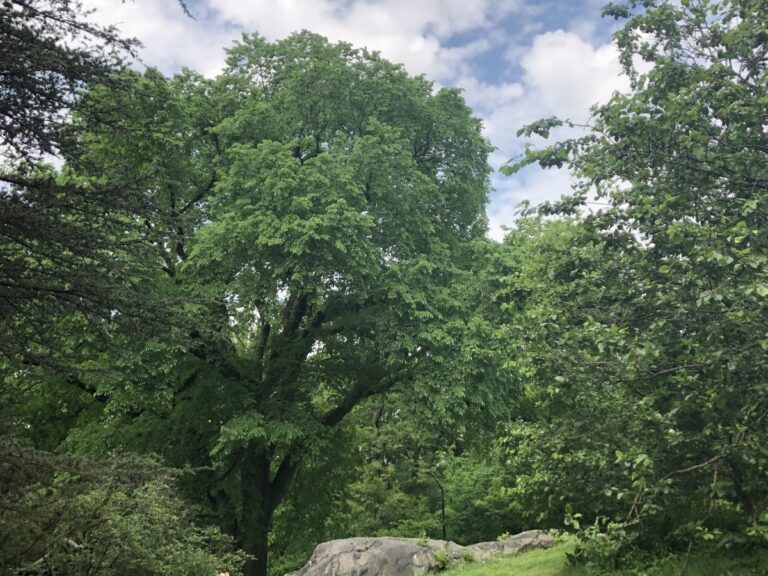November 2018 Meditation
If you’d like to experience this meditation with nature images, here’s a link to the youtube version:
Meditations, experiments, books and guided meditations to assist with nourishing spirituality, healing childhood wounds, and living more consciously.
Meditations, experiments, books and guided meditations to assist with nourishing spirituality, healing childhood wounds, and living more consciously.

If you’d like to experience this meditation with nature images, here’s a link to the youtube version:

Over the course of the past year, it has disheartened me to see how many people on Facebook and in other social media contexts have become comfortable using language that is attacking rather than curious, inviting, clarifying, or compassionate. Not only are the words being used distressing through their intention to diminish or humiliate other people, but the anger inherent in these posts—anger that doesn’t suggest solutions or options—is decidedly jarring.
In my years of teaching about trauma resolution, I’ve drawn on something one of my dear friends and teachers taught me many years ago… Read More “694th Week: Practicing Mutual Empowerment”

For many of us, the idea that we can’t truly love others until we love ourselves is a long-standing piece of advice. Lately, I’ve been hearing more about self-compassion and the research being done on it and its companion, self-kindness. When I heard someone talk about self-kindness, I began to think about how readily we will, at times, treat ourselves in ways we would never imagine treating someone else and that got me to thinking even more deeply about the importance of self-kindness. I also got to thinking about how, when we are accustomed to treating ourselves with compassion and kindness, we are more likely to automatically express these qualities to others.
Without question, most of us walk around with a certain degree of negative self-talk going on, even when we don’t pay much attention to it. Developing a habit of orienting to self-compassion and self-kindness asks us to pay attention to our self-talk and intervene when we discover that we are treating ourselves in unkind ways, replacing critical or negative thoughts with those that reflect active expressions of self-compassion and self-kindness.
One of the things that helps support being kinder to ourselves is something I’ve written about before—the inevitability of our wholeness and the foreground/background dynamic that unfolds in our process from moment to moment. When we can accept that we have a wholeness that contains everything a human is capable of expressing or doing, we can recognize that our ongoing practice can be one of noticing how we move through the world and then learning ways to bring into the foreground of our experience those qualities and states of being that reflect and express compassion and kindness.
Read More “901st Week: The Importance of Self-Compassion and Self-Kindness“
This month, we focus on noticing how our own radiating presence connects and interacts with the radiating presence of absolutely everything else. Also, we focus on becoming increasingly aware of the frequencies with which we resonate moment to moment. Because we participate in, and contribute to, collective consciousness, any frequency with which we resonate is automatically and spontaneously amplified.
Here’s the audio version of the meditation:
And, if you’d prefer a meditation with images of nature, here’s the YouTube version:

One of the practices I’ve followed for many years is to take time to notice that the space that we think separates us actually is what connects us to absolutely everything else. Notice what happens when you think of space as that which connects—everything to everything else. It can help to break the habit, the illusion, of separateness, the habit of thinking that we are disconnected from the complexity of relationships all around us.
Here’s a meditation practice to explore:
As with all these practices, please remember to bring along curiosity as your constant companion and to pat gently on the head any judgments that may arise, allowing them to move on through without your having to do anything with or about them. And, as always, explore this practice in whatever ways work best for you and be sure to change whatever doesn’t work for you in the way I’ve offered it.